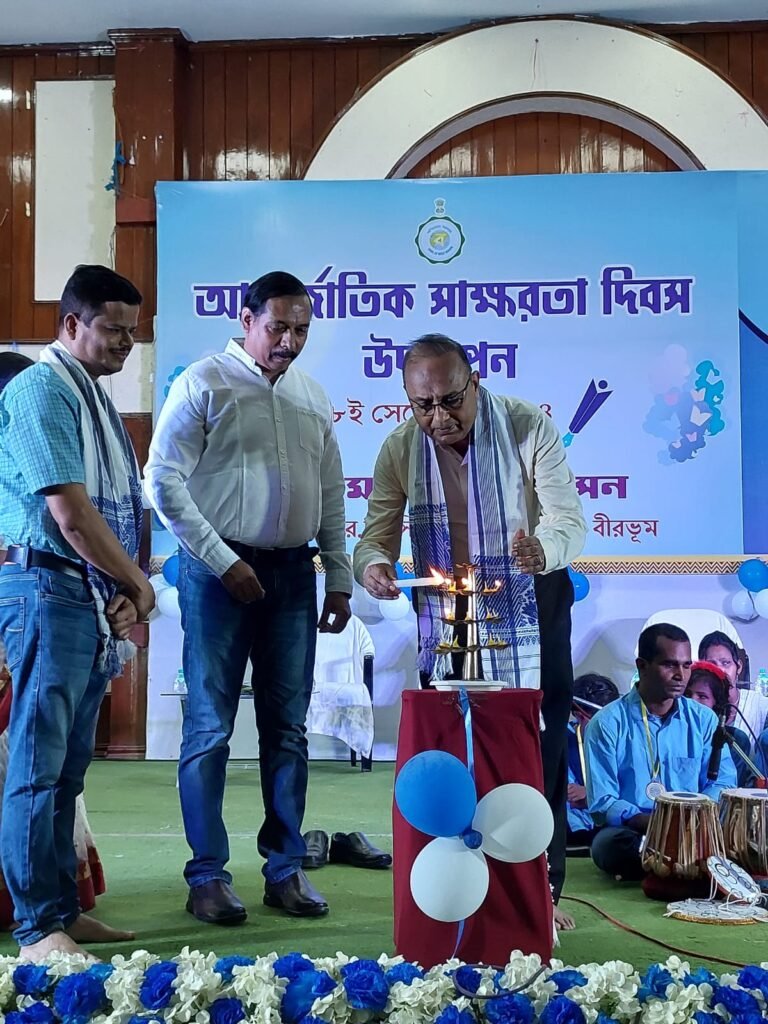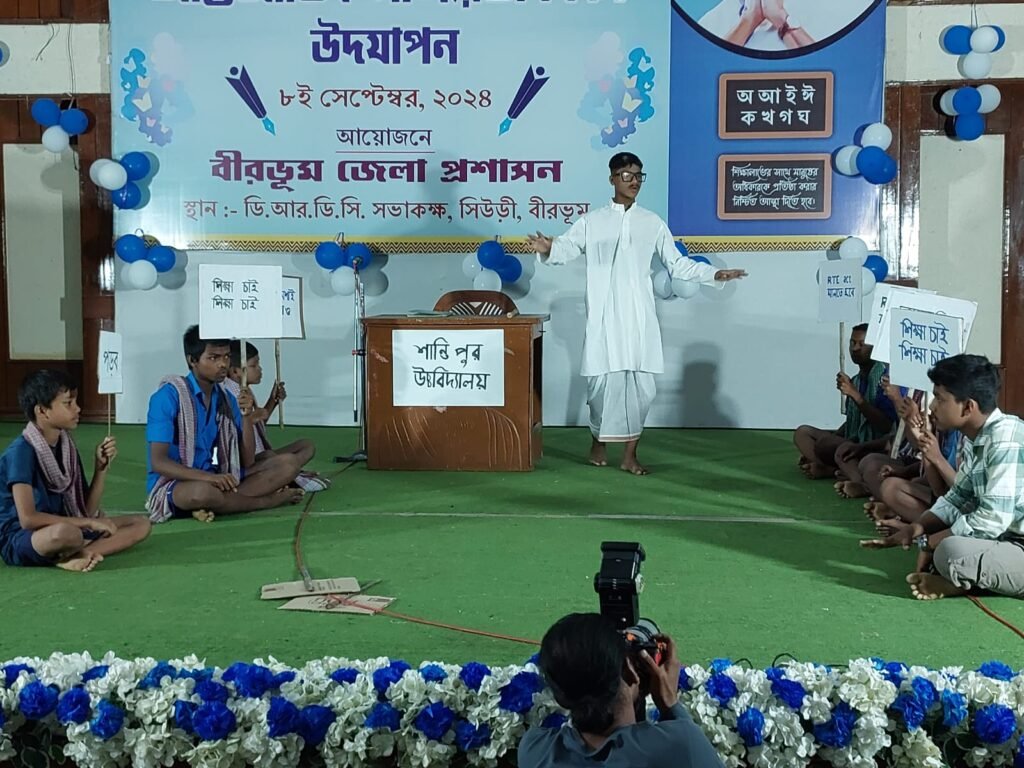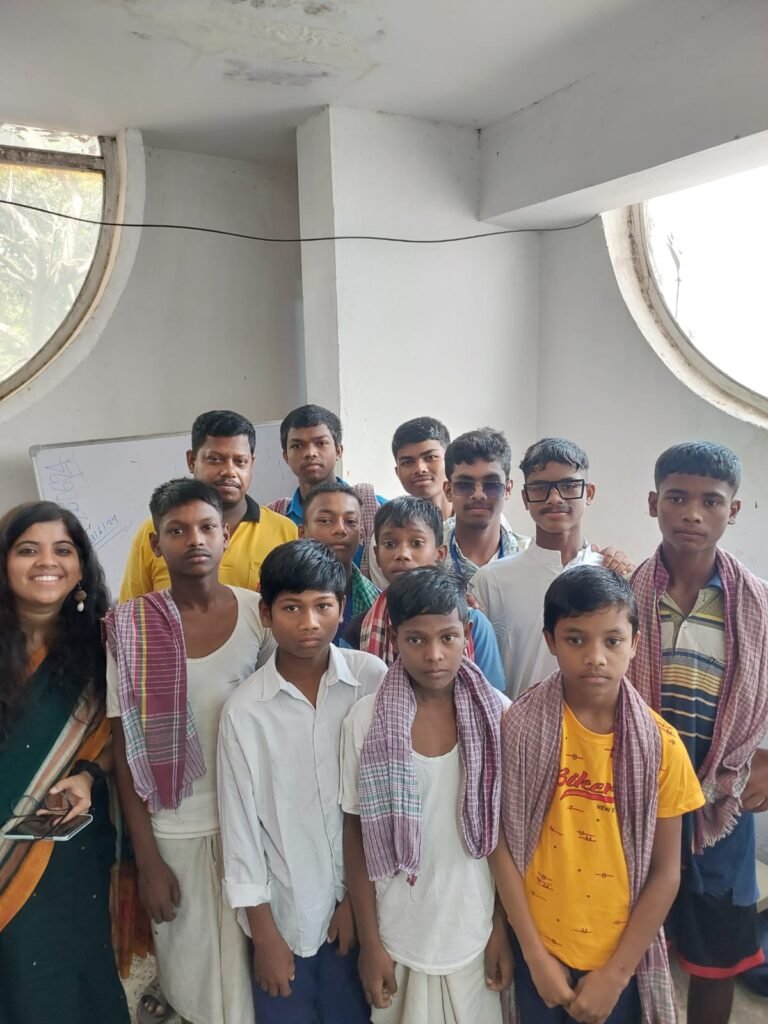In many regions like Siuri, tribal children face systemic discrimination that prevents them from accessing education alongside their peers. Stigmatized for their traditional lifestyles, these children are often marginalized, left out of the school system, and denied opportunities for a brighter future. Recognizing this injustice, the government, in collaboration with CWF, initiated an impactful theatre act aimed at integrating tribal children into mainstream education. The potential changes this collaboration could bring are profound. By enabling tribal children to attend school, they gain access to knowledge and resources that can uplift their communities. Education not only empowers individuals but also fosters social cohesion and mutual respect among different cultural groups. Ultimately, this initiative represents a crucial step towards equality, paving the way for a future where every child, regardless of their background, has the opportunity to thrive and succeed.

On September 8th, International Literacy Day, the Civilian Welfare Foundation (CWF) collaborated with the Government of West Bengal to present a remarkable theatrical performance by the children of Siuri State Welfare Home. This event showcased the talents of 15 children from the tribal community, including four who are intellectually disabled, illustrating the power of art in advocacy and education. The play centered on a young boy’s struggle for educational rights in the face of caste discrimination. When a journalist visits the village, he uncovers the harsh reality: tribal children are barred from attending local schools due to societal prejudices and differing food habits. Despite speaking with teachers, the journalist faces resistance. Determined to make a change, he teaches the children how to protest, creating placards and rallying outside the school. Their perseverance eventually leads to their enrollment alongside other children, highlighting the essential right to free and mandatory education.

The performance not only conveyed a vital message about education equality but also transformed the participating children. During rehearsals, they overcame challenges like speech difficulties and performance anxiety, stepping confidently into lead roles. One 12-year-old actor shared, “I never thought I would enjoy performing in theatre. Thanks to the Unified Theatre Program, I discovered my passion.”

The District Magistrate (DM) and District Mass Education and Extension Officer (DMEEO) were present to witness the inspiring performance and commended the children’s efforts, presenting them with trophies for their outstanding work. This initiative underscores the importance of education and inclusivity, empowering these young actors to understand their rights while fostering a love for the arts. Through the collaborative efforts of CWF and the government, the event not only celebrated literacy but also inspired hope and change within the community.


Your blog post was exactly what I needed to read right now. It’s amazing how you always seem to know just what to say.
Your blog post was like a warm hug on a cold day. Thank you for spreading positivity and kindness through your words.
Your blog post is a testament to the power of storytelling. You had me hooked from the very first sentence!
Your passion for this topic is contagious! After reading your blog post, I can’t wait to learn more.